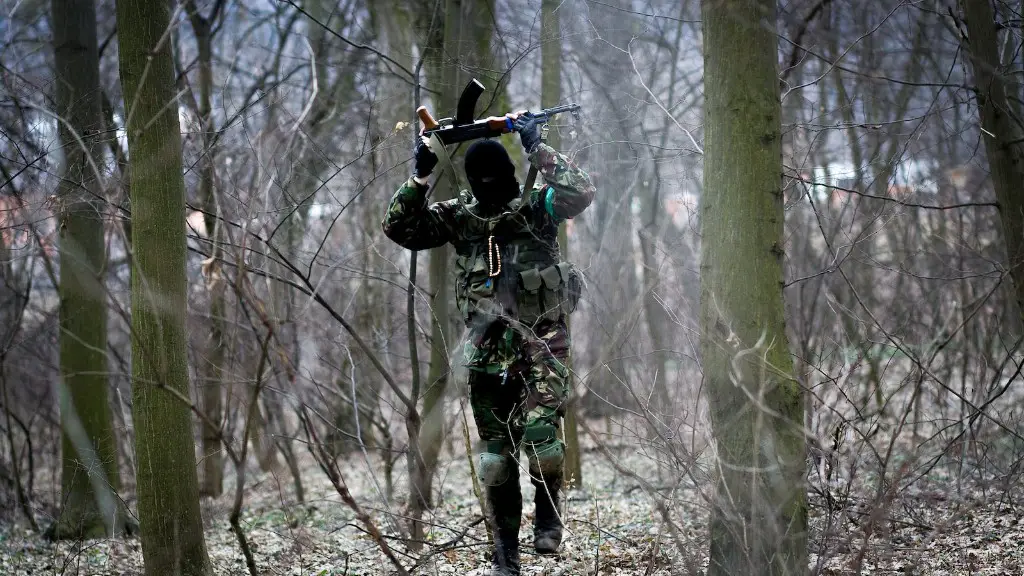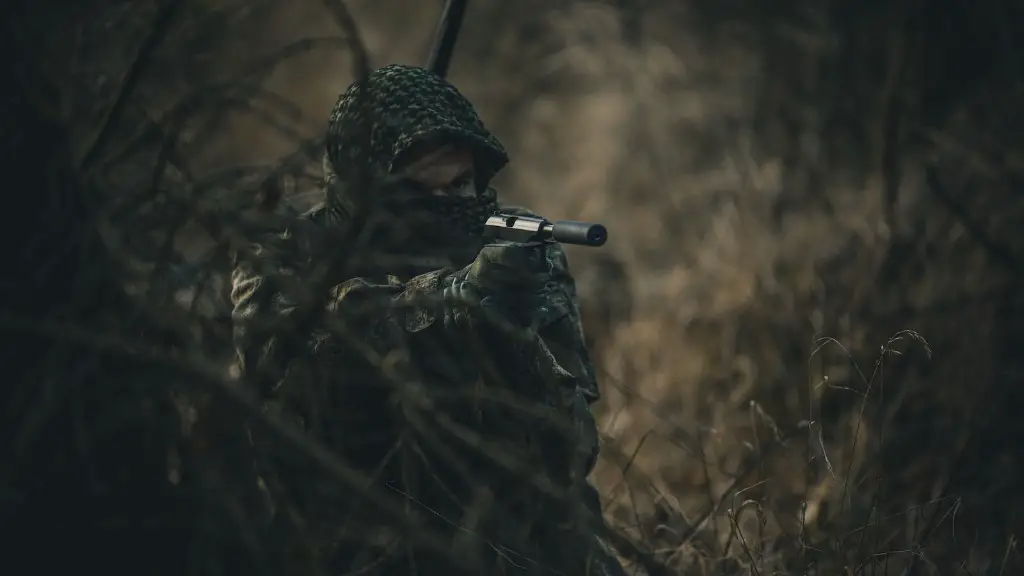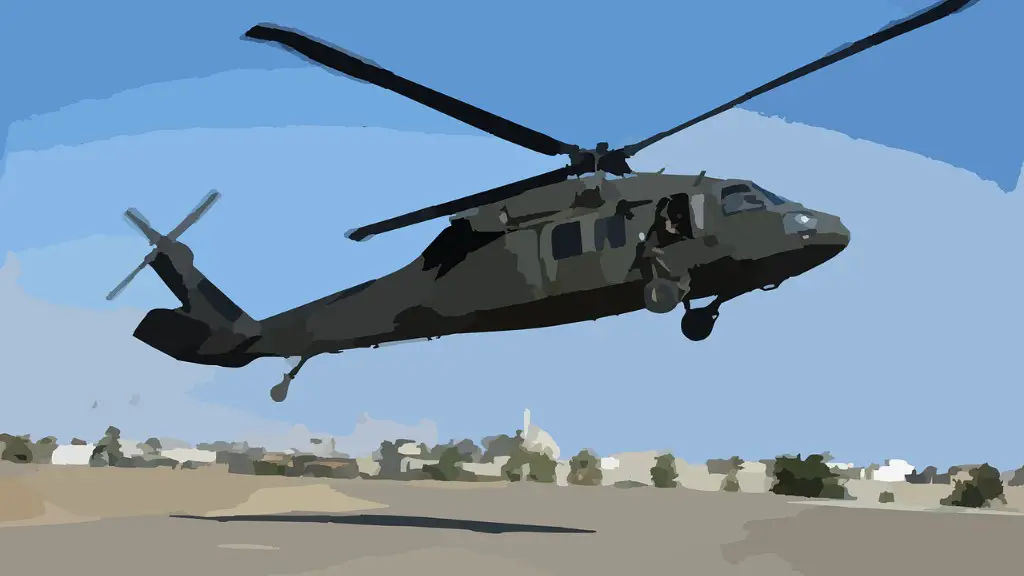An Article 15 in the US Army is a non-judicial punishment that may be given to a soldier by their commanding officer. This punishment can range from a verbal reprimand to reduction in rank, and is given for offenses that are considered less serious than those that would require a court-martial.
An Article 15 in the United States Army is a non-judicial punishment that may be given to a soldier by his commanding officer. It is also known as “Captain’s Mast” or “Office Hours.”
What are Article 15 offenses?
Article 15 of the Uniform Code of Military Justice (UCMJ) covers a wide range of offenses that are considered to be disciplinary infractions. These include sleeping on duty, disobeying military orders, disrespect to superiors, and underage drinking. The circumstances surrounding the offense are factors for determining whether the charge is minor.
The maximum punishment under a summarized Article 15 proceeding may not exceed 14 days extra duty, 14 days restriction, or an oral reprimand or admonition. This is regardless of the rank of the commander imposing the punishment.
What are the 3 types of Article 15
Article 15 proceedings are a type of military justice proceeding in which a commanding officer decides whether to impose disciplinary action on a service member. In these proceedings, the service member may submit matters in defense, matters in extenuation, and matters in mitigation.
Matters in defense are facts or arguments that disprove the charges against the service member or show that the service member did not commit the alleged offenses.
Matters in extenuation are facts or arguments that do not disprove the charges but may reduce the severity of the offenses.
Matters in mitigation are facts or arguments that do not disprove the charges but may reduce the sentence imposed if the service member is found guilty.
The service member’s attorney can advise on which matters to submit and how to present them in the most favorable light.
You can be punished under Article 15 for any offense, regardless of when and where you are alleged to have committed it. So, you can be punished for conduct off-duty, off-base, and out of uniform.
Can you beat an Article 15?
If you have a strong defense, you may want to consider prompting your commander to move to a court-martial for proceedings. This way, if you win your case, the matter will be put to an end. However, if you lose, you may face a federal conviction and serious criminal penalties, such as jail time.
An Article 15 is a form of non-judicial punishment (NJP) authorized by the Uniform Code of Military Justice (UCMJ). It is a summary court-martial and is used to adjudicate less serious offenses committed by service members. The maximum punishment at a summarized Article 15 can include extra duty for 14 days, restriction for 14 days, and/or an oral reprimand. Soldiers are not entitled to a defense attorney and may choose to request trial by court-martial.
Does an Article 15 show on DD214?
An NJP, or Nonjudicial Punishment, is a disciplinary action that can be taken against a service member. This can result in an administrative discharge, which means the service member would be removed from their position. A negative service characterization can also occur, which would negatively affect the service member’s DD214 and any Veteran’s benefits they may be receiving. Most Article 15 actions, however, do not affect a service member’s ability to stay in their military branch.
Article 15 of the UCMJ is a process whereby a commander can impose non-judicial punishment on a service member under their command. In order to initiate this process, the commander must have reason to believe that the service member has committed an offense under the UCMJ. A minor offense is defined as misconduct that is not usually as serious as that handled at a summary court-martial, and where the maximum punishment is 30 days’ confinement.
How long does an Article 15 take to process
This entire process is typically called the “first reading.” Typically, more than 48 hours will be provided, because TDS is so slow to meet with the Soldier in question. Furthermore, more time is needed to submit a complete Defense, in most cases. A lawyer can help request a delay.
The NJP stands for Notice to Jewelers, and it is a notice that is sent to jewelers in order to alert them of a potential fraudulent activity. This notice does not have to be reported as a “conviction” or “charge”, and it should not come up on any background checks. If it does, you may need to seek assistance to have it removed from your record or explain it in sufficient detail.
How do you get kicked out of the Army honorably?
You can be honorably discharged from the Army simply by fulfilling your enlistment commitment. You may also be discharged for falling short of Army standards, failing basic training, committing a major infraction of Army rules or an outright crime.
Article 15 punishments can have a lasting and negative impact on a service member’s career. They may be forced to leave the military with a less than honorable discharge, which can make it difficult to find future employment.
What are the two Article 15s in the Army
If you are having problems with your commanding officer, it may be best to speak to him or her directly. However, if you feel that your situation is untenable, you may request a discharge from the military. Keep in mind, however, that a discharge is not always an honorable one, and you may have difficulty finding future employment if your record is blemished.
The UCMJ is the code of military justice that applies to all members of the US military. Article 13 of the UCMJ prohibits the imposition of punishment or penalty upon an accused prior to trial, as well as pretrial arrest or confinement conditions which are more rigorous than “the circumstances required” to ensure the Soldier’s presence at trial. This means that a military member cannot be punished or penalized before they have had a chance to go to trial, and that any arrest or confinement before trial must be no more severe than what is necessary to ensure that the military member will show up for their trial.
How many Article 15s are there?
Art 15s can be given by a commander for a minor infraction. The two types are given out depending on the severity of the offense. A Company-Grade Article 15 is given out for minor offenses, while a Field-Grade Article 15 is given out for more serious offenses.
The UCMJ is the Uniform Code of Military Justice, and it is the law that governs the military. If you are accused of breaking a law, you will be tried under the UCMJ. Depending on the severity of the offense, you could be looking at full punishment, which could include a loss of rank, pay, and privileges.
Conclusion
An Article 15 in the US Army is a nonjudicial punishment that may be imposed on any soldier who has committed a minor infraction. The commander who imposed the Article 15 will determine what, if any, punishment is to be given. The punishment may include a reduction in rank, a forfeiture of pay, or a confinement to quarters.
An Article 15 in the Army is a type of non-judicial punishment that may be imposed on a soldier who has committed a minor infraction. An Article 15 may be issued by a commanding officer and is usually imposed in lieu of a court-martial.





